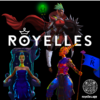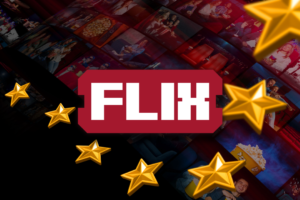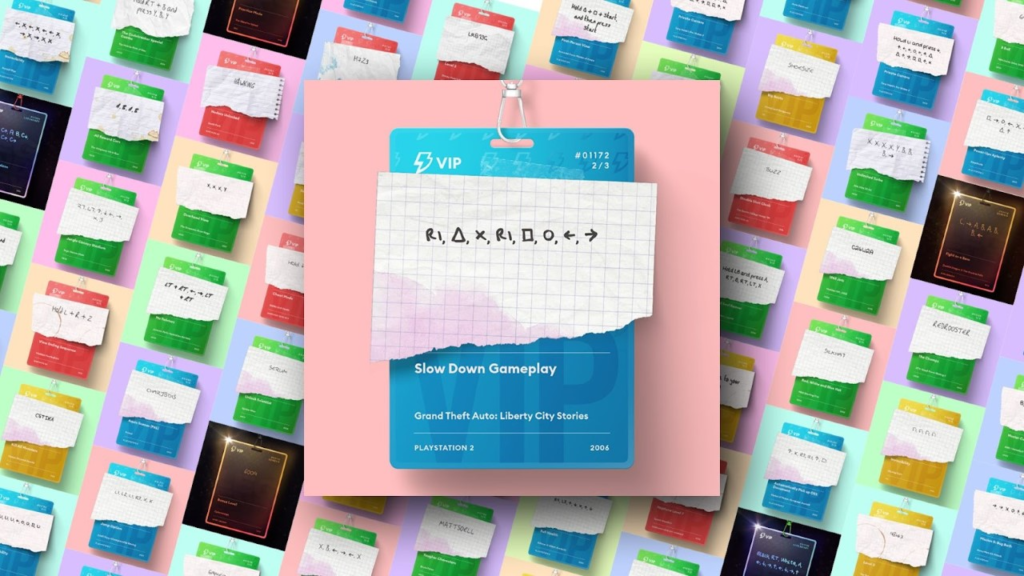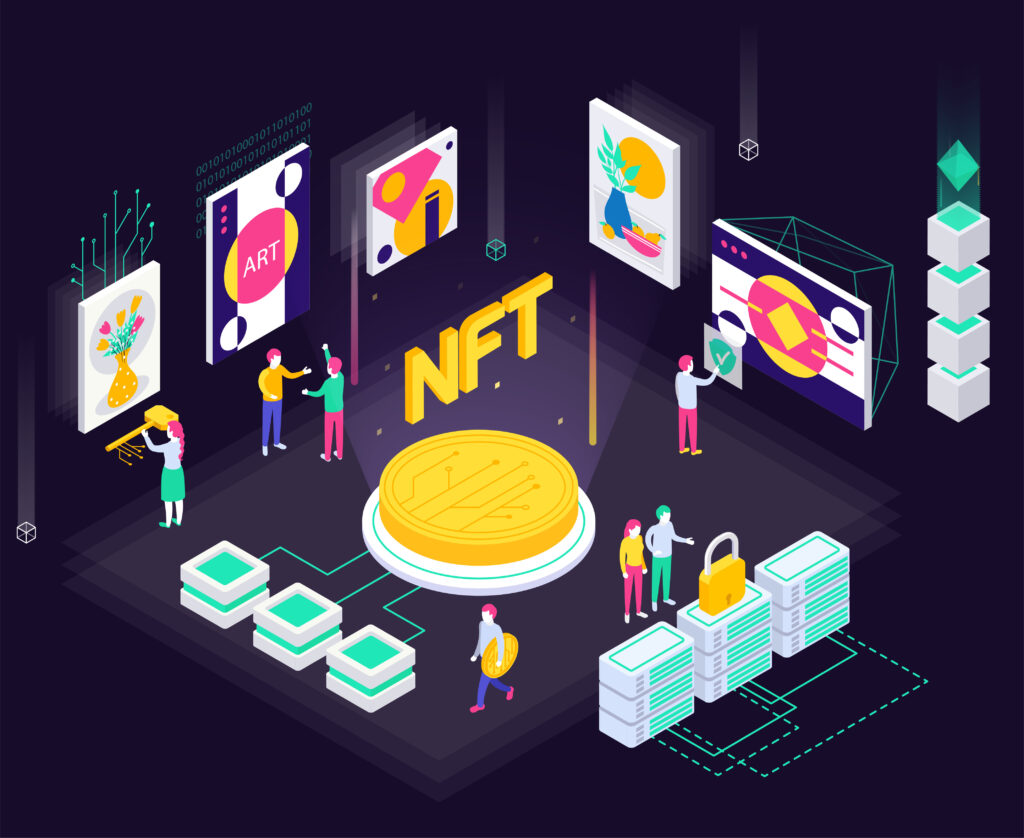
Thanks to increasing coverage in major news outlets around the world, Bitcoin and other cryptocurrencies are having their moment in the sun. What used to be an arcane bit of futurism has suddenly gone mainstream.
But, blockchain technology, despite being the infrastructure that makes cryptocurrency transactions possible, hasn’t received quite the same level of attention–yet.
That’s about to change though, as many experts believe it has the potential to be the most disruptive new technology since the internet itself. Cryptocurrency is only one of many possible uses.
With this in mind, let’s look at some of the many interesting ways we can put blockchain technology to use.
E-commerce
Amazon may not be taking over the world, but they’re certainly taking over retail. While customers appreciate their rock bottom prices and rapid fire processing and delivery infrastructure, signs of discontent are on the horizon. Not only are brick and mortar shops going out of business, but Amazon wields such market dominance that they can strong arm individual sellers any time they wish.
What if there was a way to keep all the positives of online commerce while ditching the despotic corporate overlord? Open source software like Open Bazaar is showing us the way. By shifting transactions to the blockchain, the power rests entirely with individual buyers and sellers. Even better, your data is your own. There’s no need to worry about it being sold to the highest bidder or handed over to the US government.
Global Payments
The economies of the world are becoming more intertwined with each passing year (Brexit notwithstanding). The USA, South Korea, and others are seeing a rise in foreign workers and even greater increases are being floated as one of the solutions to the never ending immigration debate.
Since foreign workers typically come from lower GDP countries, they often send remittances back home. Putting such monetary transfers onto the blockchain would remove the fees, governmental regulation, and corporate incompetence that are bane of those working abroad.
Elections
The debate over the 2016 election in the USA rages on, with allegations of fraud coming from both sides of the political aisle. Regardless of one’s party affiliation, everyone can agree that if there’s a method to guarantee clean elections, it should be adopted as quickly as possible. And for those who live in nascent, struggling democracies, where every election comes with the specter of fraud and violence, it would be a civil service as valuable as electricity and clean water.
Organizations like Follow My Vote are using the blockchain to ensure that every vote cast is permanent. Thanks to the blockchain’s decentralized nature, it would be immeasurably difficult for hackers to break in and change the results. They would have to change every copy of the blockchain at the same time, a feat requiring a mind-boggling amount of resources, far more than it takes to hack a voting machine or forge a paper ballot.
Crowdfunding
Crowdfunding has built up incredible momentum in the last ten years, with Kickstarter, GoFundMe, and Patreon leading the charge. But its true potential is only now being unlocked thanks to the blockchain.
By issuing their own crypto coin, creators can receive funding from anyone in the world without the burden of excessive fees or the hassle of corporate guidelines. The blockchain keeps an unalterable record of every investment, ensuring that no one will be left out when it comes to reward time. As an added bonus, if the creator finds success in their venture, their cryptocoin will increase in value, giving everyone who took part in the crowdfunding a bonus return.
Digital Identity
Identity theft has never been more common or more ruinous to the individual. In a wired world where authenticity matters above all else, it’s time we moved past the days of ID numbers and passwords.
And as the Equifax hack proved, there’s no reason to trust a corporation to protect your confidential information. It makes much more sense to encrypt such data on the blockchain where it can neither be altered by hackers nor mismanaged by a third party.
Gaming
While the gaming industry has evolved into a juggernaut rivaling movies and television, that doesn’t mean it’s immune to the transformative power of the blockchain. As reported at The Block Talk, there’s a booming market for digital objects within game worlds, but no reliable hub to trade these items in the real world.
The blockchain is perfectly suited to the task, serving as a platform for transactions allowing gamers to trade their items or sell them for currency. While this might seem trivial to non-gamers, this is no cottage industry. The so called virtual goods economy was worth $15 billion as of 2016.
Cloud Storage
The cloud seems like a miracle at first, until Google Docs mysteriously loses all of your data, or you forget your Apple iCloud password and are permanently locked out of your account. While both of these mega-corporations have backup servers to ensure your data is where it’s supposed to be, they’re necessarily limited by their budgets and the size of their server farms. Startups like Storj, on the other hand, are using the blockchain’s distributed storage and end to end encryption to keep your data safe and accessible.
While many are well versed in cryptocurrencies by now, they tend not to interact directly with blockchain technology, allowing third party sites to do it for them. As more uses for the blockchain break into the mainstream, can we envision a not-so-distant future in which Bitcoin is a mere footnote to the awesome power of the blockchain?
















These are really wonderful ideas in concerning
blogging. You have touched some fastidious factors here.
Any way keep up wrinting.
Magnificent beat ! I wish to apprentice while
you amend your site, how can i subscribe for a blog site?
The account helped me a acceptable deal. I had been a little bit acquainted
of this your broadcast provided bright clear concept
Hi there, after reading this awesome paragraph i am too delighted to share my familiarity here with mates.
This site really has all of the info I wanted about
this subject and didn’t know who to ask.